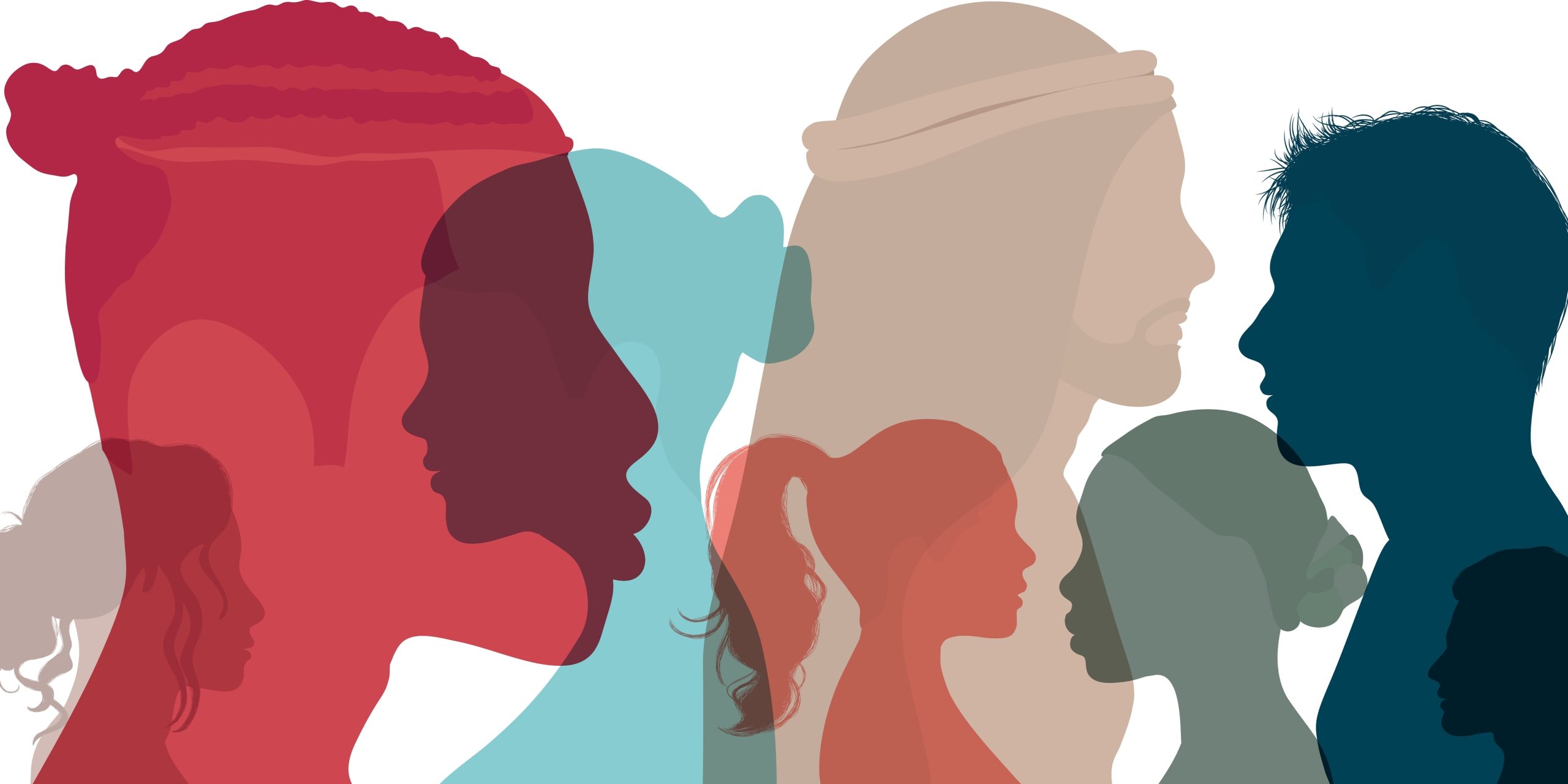Neuroscientific research has significantly enhanced our understanding of adolescence (ages 10-18) as a critical phase of development and as a ‘second window of opportunity’ for personal growth, development and societal impact. Existing literature and emerging evidence have equally underscored the impact of life events, both positive and negative, on trajectories of adolescent brain health, behavioural development, and mental health and psychosocial wellbeing. Yet knowledge of the bidirectional relationship between life events and adolescent development, particularly adverse violent and traumatic experiences, has not been widely integrated into policy and programmes. In particular, governmental interventions often take punitive approaches when addressing adolescents’ behaviour that might be perceived as problematic or posing threats to public safety and security without taking into account the individual’s life history.
Such approaches often overlook what neurodevelopmental research evidence tells us and what is required to address the underlying causes of problematic behaviour in adolescents and to support their growth and development. Adopting a scientific and evidence-based approach to ‘what works’ and promoting effective and responsive community led interventions for rehabilitation, recovery and reintegration are essential. This provides the basis for helping all adolescents thrive and become constructive citizens in society contributing to long lasting peace and security.
To bridge the gap between scientific knowledge and practical implementation, this Wilton Park meeting will convene experts across health, education, social welfare, child protection, justice and humanitarian actors, in a dialogue to inform a UNODC-UNICEF Policy Paper that translates scientific findings around adolescent brain and psychosocial development into practical recommendations for policy and programme action across sectors.
Conference outcomes
The purpose of this conference is to promote a paradigm shift in how adolescents affected by adversity, violence and traumatic situations are viewed and dealt with in the context of rehabilitation, recovery, and reintegration processes, moving from risk based approaches that unnecessarily marginalise and may victimise these young people towards ensuring a rights based approach that focuses on their wellbeing guided by our understanding of adolescent brain and behavioural development.
Expected outcomes include:
- Disseminate scientific knowledge about how life events impact adolescent brain and behaviour.
- Outline key areas for policy action and systems change to better serve and protect at risk adolescents and youth.
- To discuss evidence based practices within education, health, social welfare, child protection services and justice systems that promote healthy development in the treatment of children and adolescents, including the role of mental health professionals and support systems in facilitating community-based rehabilitation, recovery and reintegration processes.
- Gather expert input to inform a Policy Paper that promotes reforms acknowledging the relationship between adversity, violence and/or traumatic experiences, neurodevelopment, and behaviour in adolescents.
In partnership with



